WashU No Longer Considers Demonstrated Interest
Demonstrated Interest
Back when I was applying to colleges, the idea of “demonstrated interest” stood out to me as a painfully superficial element of what was already an uncomfortable process. According to a recent blog post on PrepScholar.com:
Demonstrated interest boils down to gathering and measuring data about all applicants to a given school, then using that data to predict whether a student will enroll in their school. Some of the things admissions counselors look at are campus visits, social media engagement, and admissions office contacts.
Supplementing Your College Application
In practice, the idea that one must show “demonstrated interest” to supplement their application is an incessant reminder in the prospective student’s head that any university-sponsored event is more than what it seems. A campus visit becomes an audition, an email to a regional admissions officer becomes requisite rather than a rare opportunity to satisfy one’s earnest curiosity. Thus, from my privileged standpoint as an upper-middle class white male applicant in the late 2010s, “demonstrated interest” was a stressor, a bother, yet another box that had to be checked.
Inequity and Demonstrated Interest
However, Washington University in St. Louis’s new “demonstrated interest” policy points to a much more important reason why the concept is damaging to applicants, as it has been proven to create inequities within the admissions process. The university’s statement on their recent policy change reads as follows:
As part of our commitment to ensure all applicants, regardless of financial circumstance, ability to travel or familiarity with the college admissions process, receive equal consideration in our review and selection of applicants, WashU will no longer consider demonstrated interest (such as visiting campus, attending an event, or emailing with a member of the admissions staff) as a factor in making admission decisions or in the admission decision process. In doing so, we can create and implement a truly equitable admissions process and support our goal to build a community of talented and diverse young people.
The idea that considering “demonstrated interest” prevents the administration of “a truly equitable admissions process” uncovers yet another dire reality of accessing higher education in an era in which most universities are striving to erase barriers.
According to a conclusive study conducted by the Institute for Higher Education Policy (IHEP), “35% of institutions consider demonstrated interest in some way while 19% consider it very important.” These statistics become troubling when the IHEP concludes that “demonstrated interest policies are easier to meet if students come from a privileged background, or if they know adults who have attended college.”
Elimination the Consideration of Demonstrated Interest
Thus, Washington University in St. Louis’s move to eliminate the consideration of “demonstrated interest” is a step in the right direction toward a more equitable admissions future. For this reason, I hope that the majority of universities who still take this concept into consideration will heed the findings of the IHEP and follow suit.
Building a Talented and Diverse Community
However, in order to truly build “a community of talented and diverse young people” that is creative and adaptable enough to respond to humanity’s largest challenges – those like climate change, environmental and social justice, and cooperation for sustained humanitarian relief – our universities and, yes, even our college counseling services are going to have to put forward an effort defined by conviction and accountability. Only then will we, as a college admissions system, be able to say that we have done our jobs.
Share this article

Follow us
A quick overview of the topics covered in this article.
Latest articles
Reading Time : 4 mins
Reading Time : 0 mins
Reading Time : 1 mins



